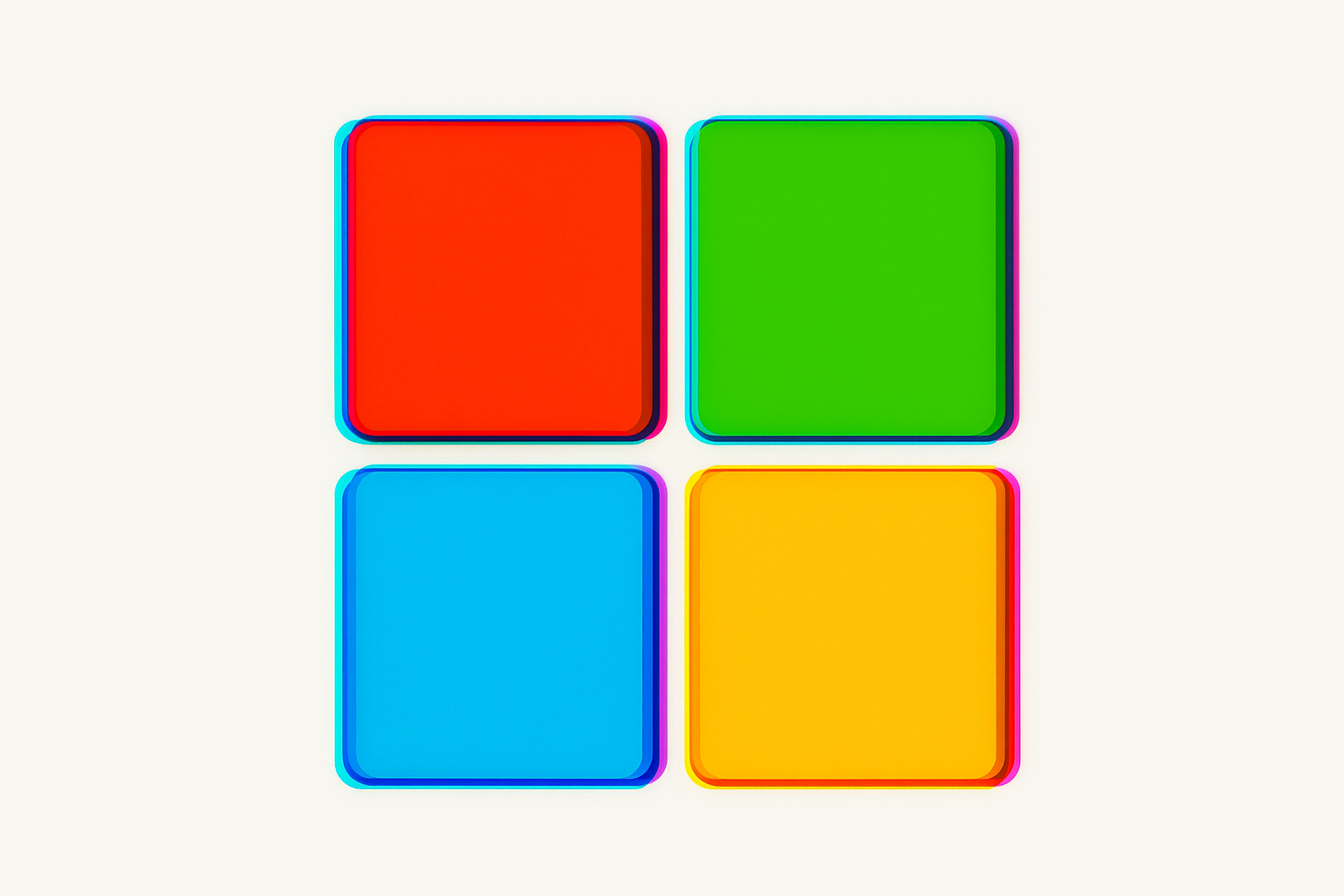Microsoft aims to become an "intelligence engine" for eight billion people

Microsoft CEO Satya Nadella sets a new course for the company, aiming to move beyond traditional software and become an "intelligence engine" for the world's eight billion people.
"What does empowerment look like in the era of AI? It’s not just about building tools for specific roles or tasks. It’s about building tools that empower everyone to create their own tools," Nadella writes in a company blog post marking the start of Microsoft's new financial year.
The old "software factory" vision, first outlined by Bill Gates, no longer fits the moment, Nadella argues. Instead, Microsoft wants to enable individuals and organizations to create their own digital tools using AI. "Just imagine if all 8 billion people could summon a researcher, an analyst, or a coding agent at their fingertips, not just to get information but use their expertise to get things done that benefit them," Nadella explains.
To make this shift, Microsoft is overhauling its technology stack, starting with core infrastructure and extending up to its AI products, Nadella says. The strategy is to identify and build the essential components—or "platform primitives"—that AI applications need, so developers and companies can use these as a foundation for their own tools and services. "Getting both the product and platform right for the AI wave is our North Star," Nadella writes.
Microsoft cuts 15,000 jobs despite strong results
Despite strong results, Microsoft has cut about 15,000 jobs this year, affecting a range of divisions, with the gaming segment taking a particularly hard hit. That amounts to roughly four percent of the company's global workforce.
Nadella frames the layoffs as part of a larger shakeup across the tech industry, where the old idea of guaranteed franchise value no longer applies. For Microsoft—a company that practically defined the concept of a software franchise through the business lock-in of Windows and Office—this marks a sharp break from the past.
He sees the current wave of reorganizations as an effort to position Microsoft for whatever comes next, drawing a parallel to the 1990s, when the company had to adapt as PCs and productivity software went mainstream.
"It might feel messy at times, but transformation always is. Teams are reorganizing. Scopes are expanding," Nadella writes.
AI News Without the Hype – Curated by Humans
As a THE DECODER subscriber, you get ad-free reading, our weekly AI newsletter, the exclusive "AI Radar" Frontier Report 6× per year, access to comments, and our complete archive.
Subscribe nowAI news without the hype
Curated by humans.
- Over 20 percent launch discount.
- Read without distractions – no Google ads.
- Access to comments and community discussions.
- Weekly AI newsletter.
- 6 times a year: “AI Radar” – deep dives on key AI topics.
- Up to 25 % off on KI Pro online events.
- Access to our full ten-year archive.
- Get the latest AI news from The Decoder.